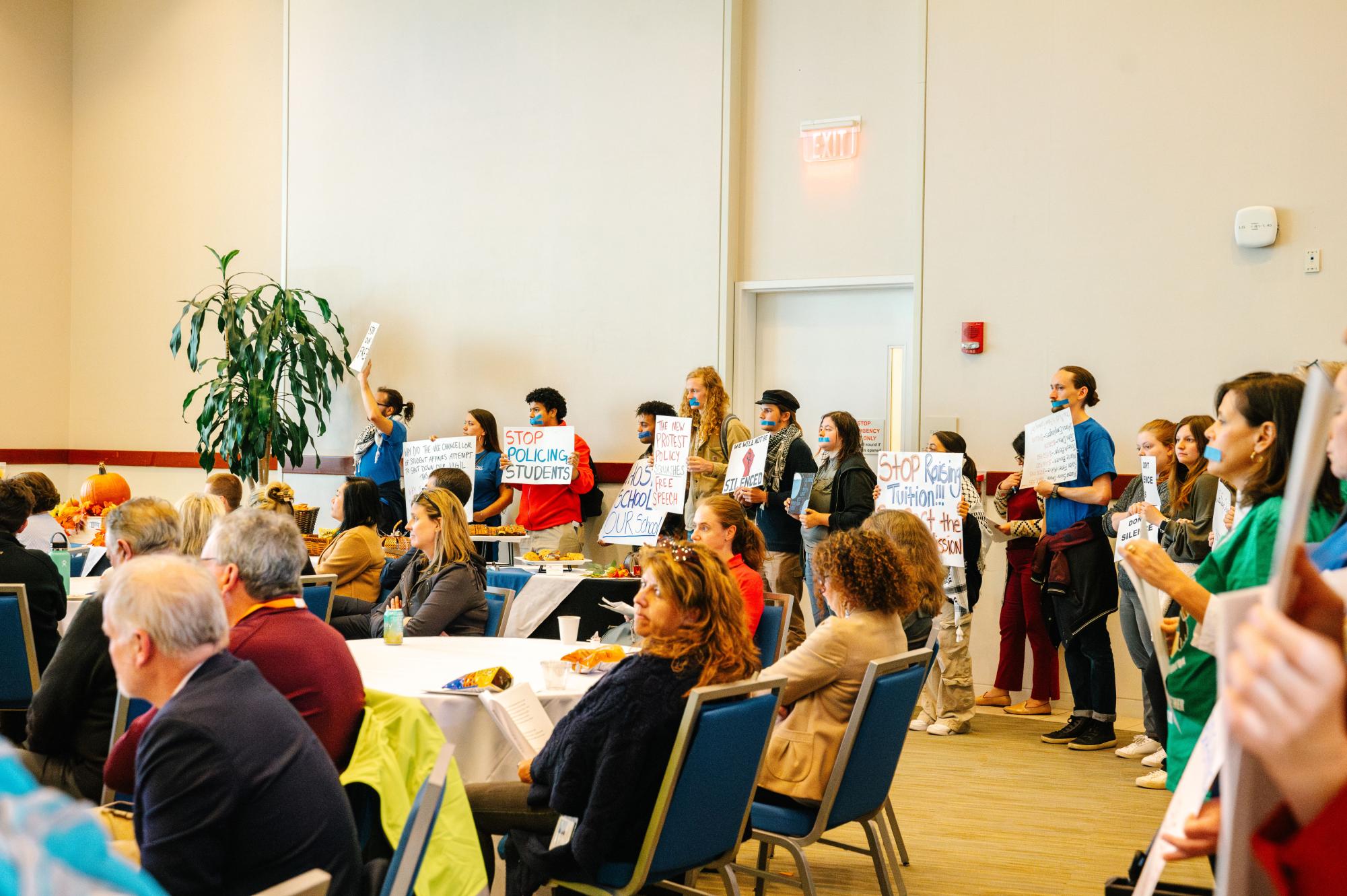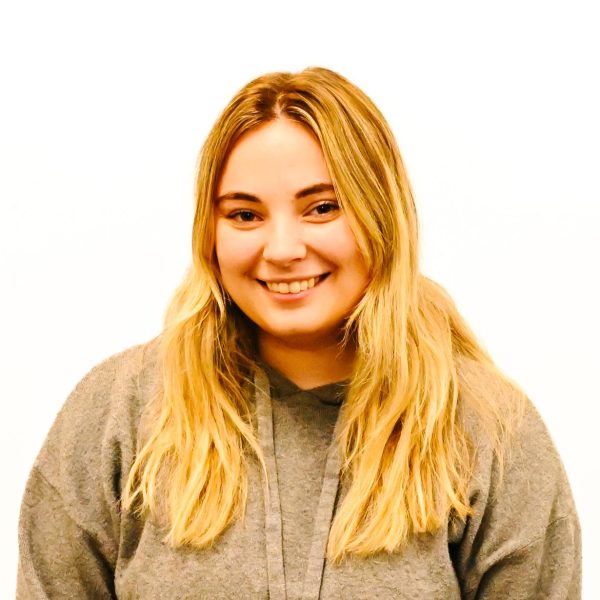Responding to questions about the process undertaken to update the space use policy over the summer, Vice Chancellor of Administration and Finance Kathleen Kirleis revealed during a special Faculty Council session that administrators received advising from The Edward Davis Company, a “security consulting and crisis management firm” led by the namesake former Boston Police Commissioner.
Kirleis explained that the UMass President’s Office had facilitated the hiring of EDC, making their consulting services available to leadership at all the UMass campuses. The committee that worked on the policy update also consulted policies at other universities, including UMass Amherst and Lowell, as well as with the UMass Boston Office of General Counsel.
Members of the Faculty Council reacted to the news by questioning the university’s commitment to shared governance, a principle intended to ensure the participation of various campus constituencies in decision-making on matters impacting them. Administration argued that the completion of major construction projects altered the physical layout of campus and prompted an urgent need for an updated space use policy to reflect these changes before the fall semester began, and therefore chose not to consult with any faculty governance bodies, campus unions or student groups as a matter of expediency.
The Faculty Council voted unanimously to endorse a resolution that had already been passed by the College of Liberal Arts Senate, which calls for the updated protest and demonstration provisions of the space use policy to be rescinded until “meaningful dialogue is had with faculty, staff, and students.”
The university did not respond to a request for comment.
Davis’ services were previously employed to assist in the investigation of racist incidents targeting Black students at UMass Amherst in May 2022, an investigation which ultimately failed to identify any perpetrators. EDC was also awarded $400,000 for a one-year, no-bid contract to advise the Department of Elementary and Secondary Education on its post-COVID reopening strategy, sparking outrage from parents of underfunded Boston Public Schools.
UMass Boston also received criticism over its decision to pay law firm Prince Lobel $250,000 to conduct an investigation of the Africana Studies department, leading members of the department to file both Massachusetts Commission Against Discrimination and Department of Labor Relations complaints against the university. In the same semester that the university hired Prince Lobel, 30% of the department’s courses were cut, and the department was critically understaffed, having only one tenured professor. The investigation’s findings have not yet been made public, despite multiple requests.
Davis’ legacy as police commissioner is troubled. Prior to his 2013 resignation, the Massachusetts Association of Minority Law Enforcement Officers issued a vote of no confidence in Davis, criticizing racist hiring, promotion and disciplinary practices of the Boston Police Department under his management. Davis awarded the Medal of Excellence to Officer Michael McManus, who had initiated the arrest that led to the death of an Emerson College student and who was later filmed beating a Black 16-year-old at Roxbury Community College.
He also led the 2020 Massachusetts campaign for Michael Bloomberg, the multibillionaire presidential candidate who had implemented ‘stop and frisk’ policies widely described as racist during his time as mayor of New York City.
The American Civil Liberties Union and the National Lawyers Guild published a report documenting unlawful BPD surveillance of peace activist groups engaged in protected political activities during Davis’ time in office, including a city councilor and a renowned Boston University professor. Davis had also drawn criticism from immigrant justice groups for his implementation of the Secure Communities program, which reported BPD arrests and encounters to Immigration and Customs Enforcement.
A fear of Palestine solidarity encampments returning to campuses seems to be driving many of the protest policies being rolled out nationwide. Davis has direct experience in breaking up protest encampments — he oversaw the dismantling of the Occupy Boston encampment in 2011, which included arrests of legal observers and street medics. Jewish Voice for Peace reported that BPD trained with the Israeli Defense Forces during Davis’ term as commissioner.
Other concerns raised by the Faculty Council included the exclusion of the Quad from the acceptable list of protest locations, the increasing police presence around peaceful on-campus protests, and the deployment of Human Resources against employees at demonstrations. Kirleis reiterated that the purpose of the updated policy, including the Advanced Protest Notification Form, is to avoid conflict between administrators and protestors and to ensure the safety of participants.
Disclaimer: In his role as Administrative Assistant to the Faculty Council, Jason Fasano is responsible for recording minutes of all meetings, including the special meeting referenced in this article. These meetings are open to the public, and meeting minutes are public information.


